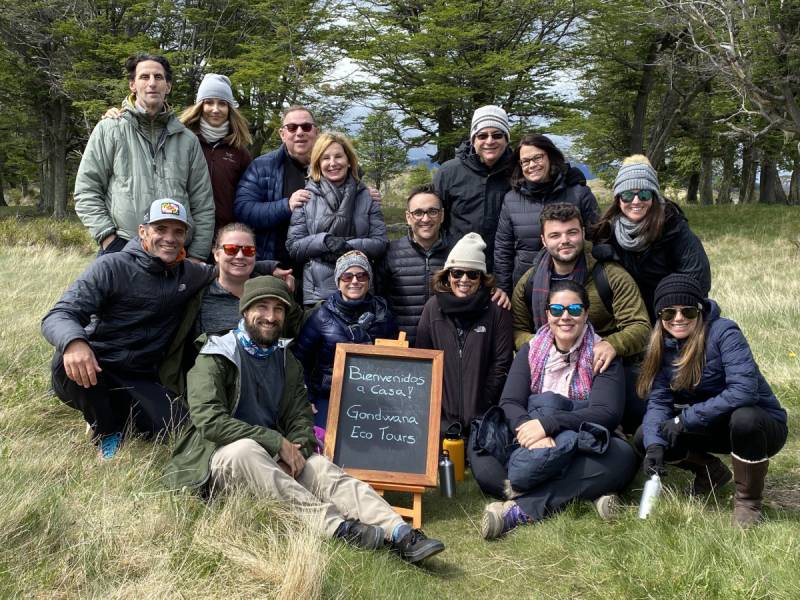Thunder in Paradise
Ever since Charlie Darwin visited the Galapagos Islands (and apparently tried to ride a tortoise), the global community has watched as it grew to embody the idea of “wildlife” and scientific inquiry. Since 1959, the Galapagos Islands have had National Park status in Ecuador, and have consequently been (reasonably) well-protected and gained increasing amounts of tourism. Though there is no indigenous population to the Galapagos, around 25,000 people now call it home, many of whom work directly with the land either as researchers, guides, or activists.
Part of why the Galapagos have been able to survive and thrive over the last 50 or so years, despite hundreds of invasive plants and animals and hunting, are the protections afforded to the park by the Ecuadorian government. Among these laws is the provision that the management of lodging, guides, and tourist activities will be within the purview of the residents of the Galapagos. Until very recently, the law stated that foreign interests could only invest and operate within the Galapagos under the management of permanent residents. Permanent residents, obviously, would have a greater incentive to maintain the health and quality of the land they inhabit. But to the outrage of many, under the direction of President Correa, Ecuador launched a prospectus advertising that they were seeking to approve 90 million dollars of foreign investments for development of the islands. Among the allegedly approved projects are a 7.8 million dollar luxury hotel, a nine-hole golf-course, and numerous other large-scale lodgings.
Though presented as an opportunity for increased income and responsible tourism, many residents are skeptical that if the floodgates to development are opened to foreign investment, it spells the loss of this fragile ecosystem.

The Galapagos Islands are, by virtue of their size, not up for the task of hosting enormous luxury hotels. With recent wins for conservationists such as the Galapagos boasting the first carbon-neutral solar and wind-powered airport, the rise of swimming pools and golf courses could be disastrous at this crucial moment in time. With clean drinking water already in short supply opponents fear that allocating water to non-essential streams could seriously impact the local community.
Counterpoint
The Ministry of Tourism claims, however, that such concerns are out of proportion to the reality of the situation. They refute claims of mega-projects being in progress:
“Currently there are 20 infrastructure projects under evaluation by the Governing Council. None of these projects have been approved. Within this portfolio of 20 projects there are no mega-projects, golf courses or similar infrastructure projects, as has been mentioned in some articles.”
Additionally, the Ecuadorian government claims that the nature of any foreign enterprise is one of strict adherence to waste management, local person employment, and maintenance of the delicate ecosystem on which they depend.

Whether the public outcry that the government is “selling our future” or that public opinion is under-informed is not yet clear. What is obvious, is that for a protected site that is dedicated to biodiversity, it is imperative that travelers visit these beautiful islands in unobtrusive, constructive ways. When properly handled, tourism and ecotourism can and should be an adventure that leaves the destination better off than before. Sustainable tourism should always be paramount.
Read more about visiting the Achuar provides a rare chance to immerse yourself in the rich indigenous culture of the Amazon rainforest. Engage in traditional ceremonies, learn about medicinal plants, and hear captivating stories from local elders during your stay. Exploring the pristine wilderness alongside the Achuar people offers a deeply enriching and unforgettable adventure.


